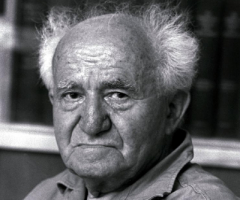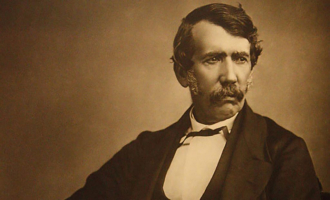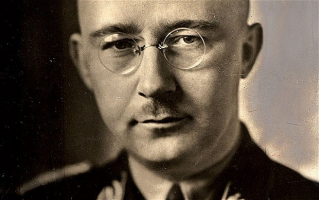Top 7 Interesting Facts about David Hume
David Hume was a historian, economist, and philosopher. He belonged to Scotland and became famous for his skeptical philosophy. He is rated and remembered as ... read more...the most important and influential ancient and modern philosophy figure. During his lifetime, Hume became famous as a historian and essayist while his philosophical work remained unnoticed. In this article, Toplist compiled some interesting facts about David Hume for the reader.
-
May 7, 1711, saw the birth of David Hume. Although he was given the name David Home at his baptism, he later changed it to David Hume because most English people pronounce it incorrectly. His mother, Katherine Falconer, was a homemaker, while his father, Joseph Home, worked as an attorney. He grew up in a thriving, well-off family.
When he was 12 years old, Hume was admitted to the University of Edinburgh. His age at the time, according to some historians, was 10, even though the standard admission age was 14. Hume's parents encouraged him to pursue a career in law, but he preferred philosophy. Because he believed that a professor or instructor didn't actually teach anything and that everything could be discovered in books, Hume did not respect his professors and teachers while he was an undergraduate.
An interesting fact about David Hume is that historians think he didn't finish high school. Later, he attempted to study law, his father's profession but found it difficult. Instead, he pursued a letter-based education.
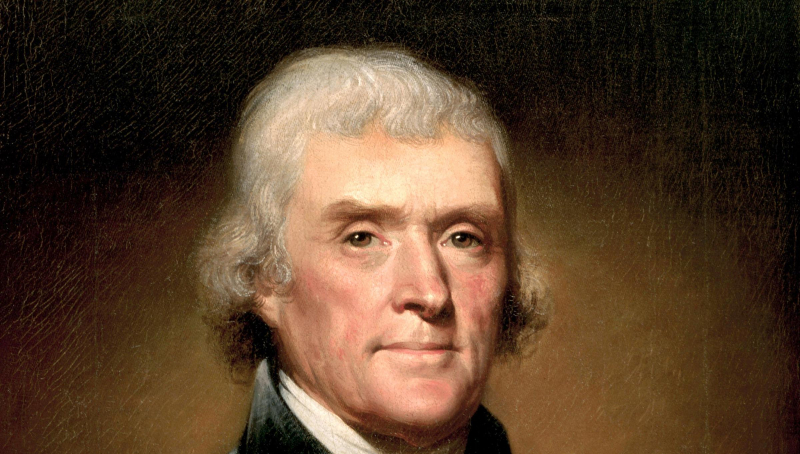
Photo: https://www.thenational.scot/news/18720687.leading-philosopher-blasts-move-rename-david-hume-tower/ 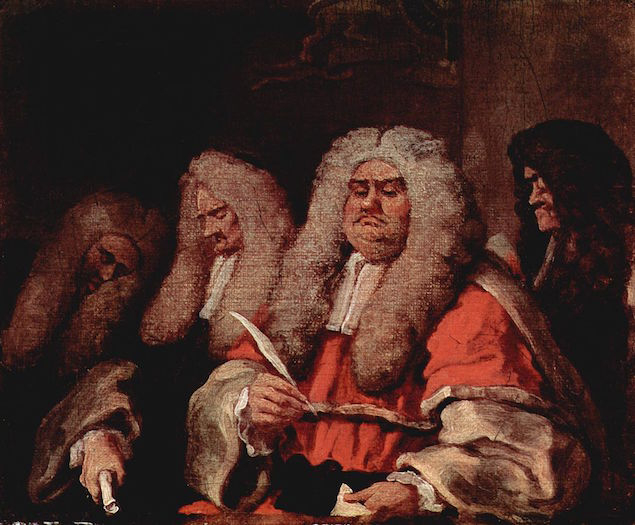
Photo: https://blog.oup.com/2017/05/david-hume-life/ -
David Hume, who was exceptionally clever and independent, made the decision to organize his own schooling after finding that his skills lie in more philosophical areas. His "insurmountable opposition to everything beyond the pursuits of philosophy and wide learning," in his own words, was his own description. He was unfortunately pushed too far by this overwhelming antipathy. After four years of intense study, Hume, who used to study a lot, experienced a psychological collapse.
For a while, he ate well, and his health returned. He has a reputation among his pals as a food enthusiast. He enjoyed cheese in his food. It is known that he read and wrote for about ten years of his life. When he had a nervous breakdown, he returned to reading and writing as soon as he felt well and healed.
The medical community determined that he had a Disease of the Learned. Things got out of hand and Hume started losing his anger when he became ill with a cold. It lasted for almost nine months. He was given anti-hysteric medication by his doctor. His health improved with time, but in 1731 he died of heart palpitations.
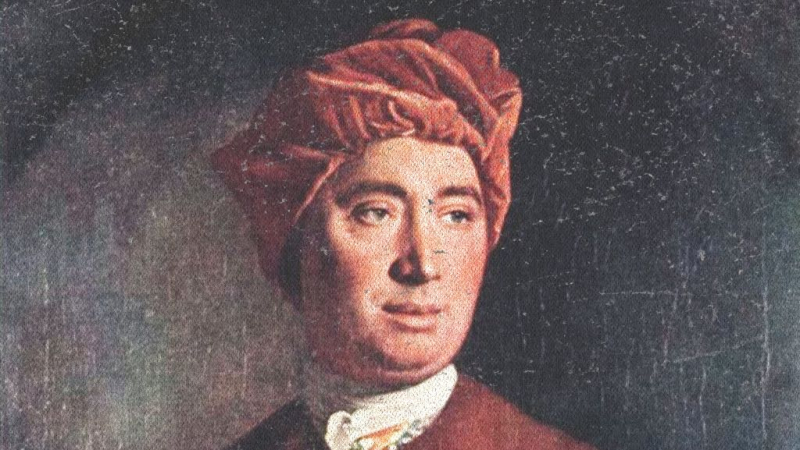
Photo: https://www.theatlantic.com/magazine/archive/2015/10/how-david-hume-helped-me-solve-my-midlife-crisis/403195/ 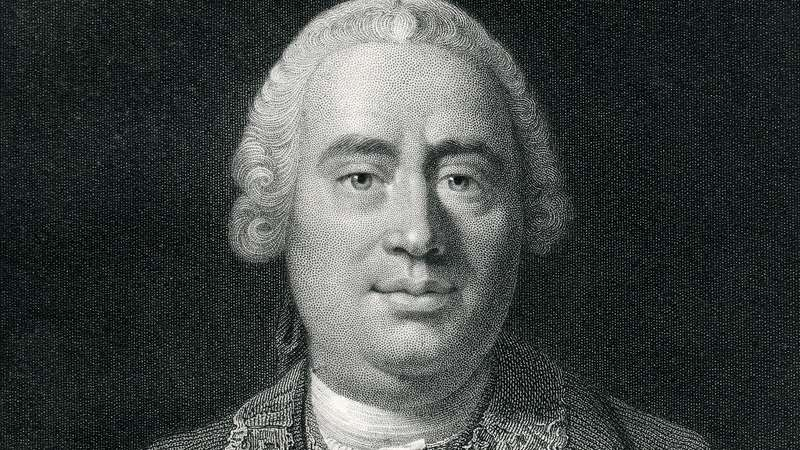
Photo: https://www.britannica.com/biography/David-Hume -
David Hume moved to France when he was 25 years old because he lacked professional skills and a reliable source of income. He accepted a position as a librarian at the University of Edinburgh in France. He reached a turning point in his life in 1734 and retreated to France for three years after trying his hand in a merchant's office in Bristol.
A Treatise of Human Nature author David Hume spent the majority of this time at La Flèche on the Loire, in the former Anjou, studying and writing it. He made a career change in 1734 and retired to France for three years after trying his hand in a merchant's office in Bristol. The majority of this time was spent studying and composing A Treatise of Human Nature at La Flèche on the Loire, in the former Anjou. He had just turned 26 years old.
Hume made an effort to develop a complete philosophical framework in The Treatise. There are three books in it: The topics covered in Book I, "Of the Understanding," are knowledge and probability, the origin of ideas, and the concepts of space and time. In Book II, "Of the Passions," the author provides a complex psychological framework for explaining the affective, or emotional, order in humans and places reason in a supporting position within this framework. The morality section of Book III describes moral excellence in terms of "feelings" of approval or disapproval that people have when they evaluate human activity in light of favorable or unfavorable results, either to themselves or to others.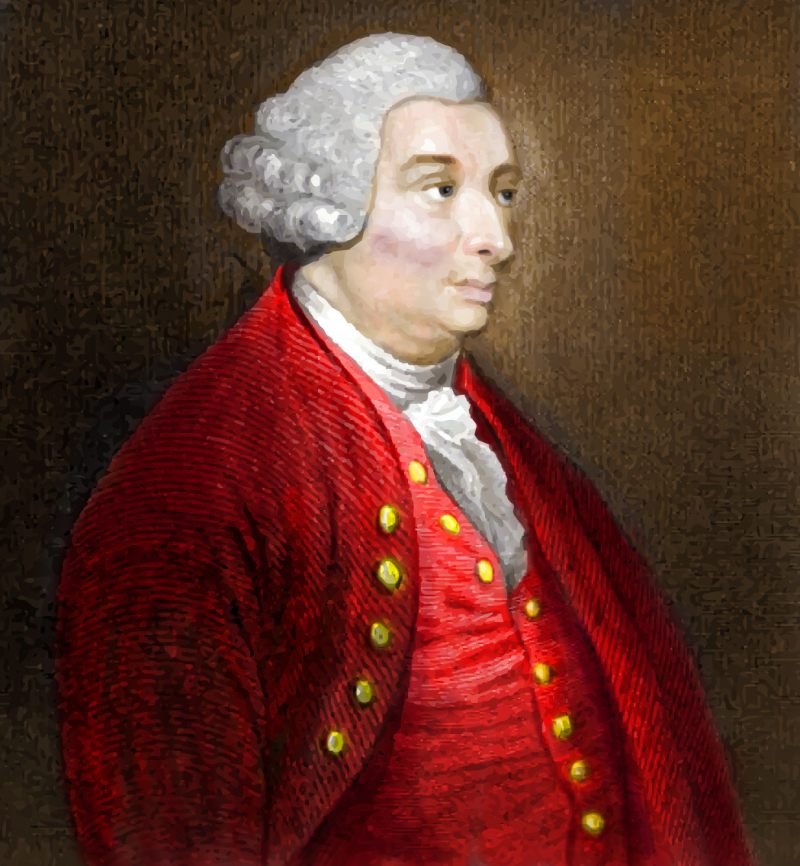
Photo: https://commons.wikimedia.org/wiki/File:David_Hume_color.jpg 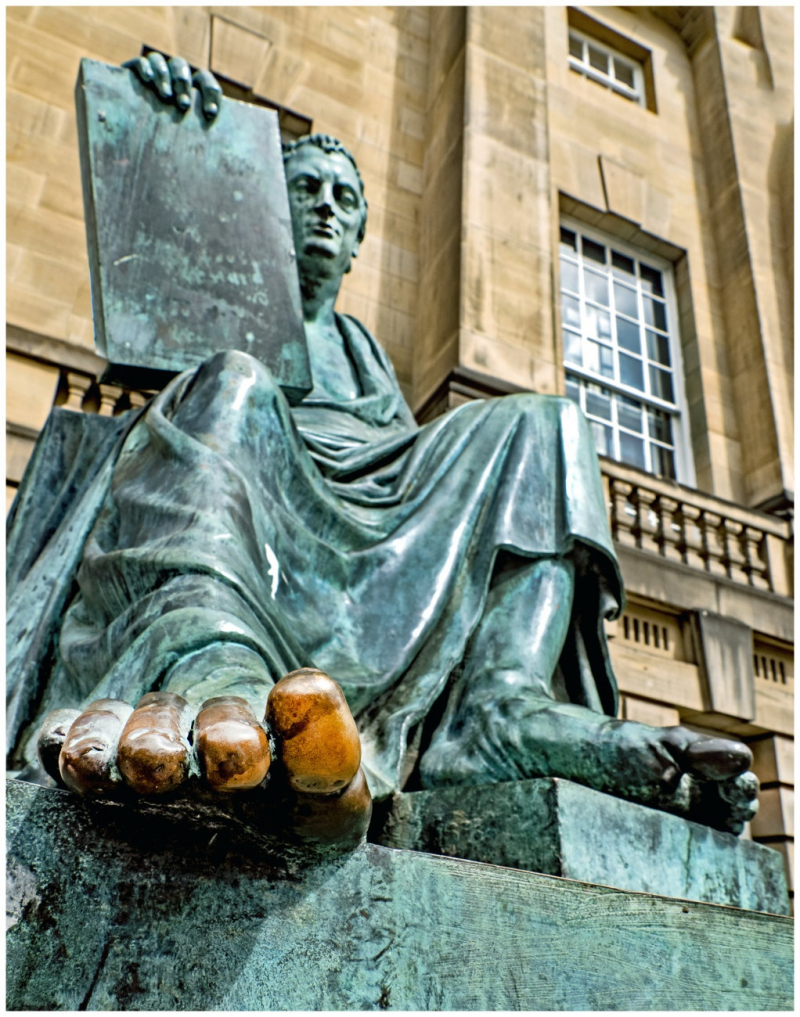
Photo: https://bigthink.com/thinking/david-hume/ -
David Hume, a Scottish philosopher who wrote in the English language and who is perhaps the most influential philosopher ever, is renowned for his skeptical metaphysics and empirical epistemology. Many assume that Hume is an atheist or, at most, an agnostic when it comes to the existence of God because of his combination of skepticism and empiricism.
David Hume wrote extensively about religion and is said to have had an agnostic viewpoint on it, according to historians. He has drawn fire for being a Pyrrhonian skeptic from historians and contemporary authors. His writings provide evidence that some historians believe him to be an atheist and anti-Christian. At one point, Hume was meant to face accusations of infidelity from the Scottish Church.
His essay "Such of Superstition and Enthusiasm" suggests that he may have had negative views about the Catholic Church. Paul Russell, a contemporary philosopher, claims that although Hume was suspicious of religion, he wasn't an atheist.
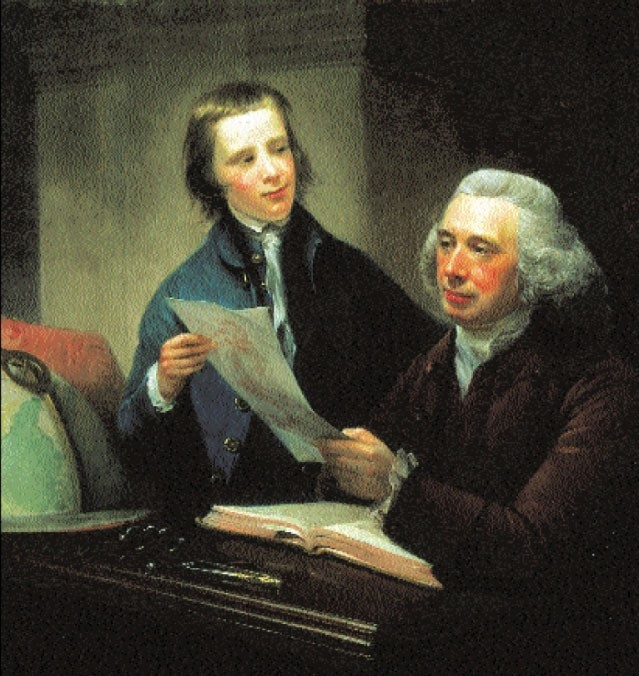
Photo: https://dialecticspiritualism.com/about-david-hume/ 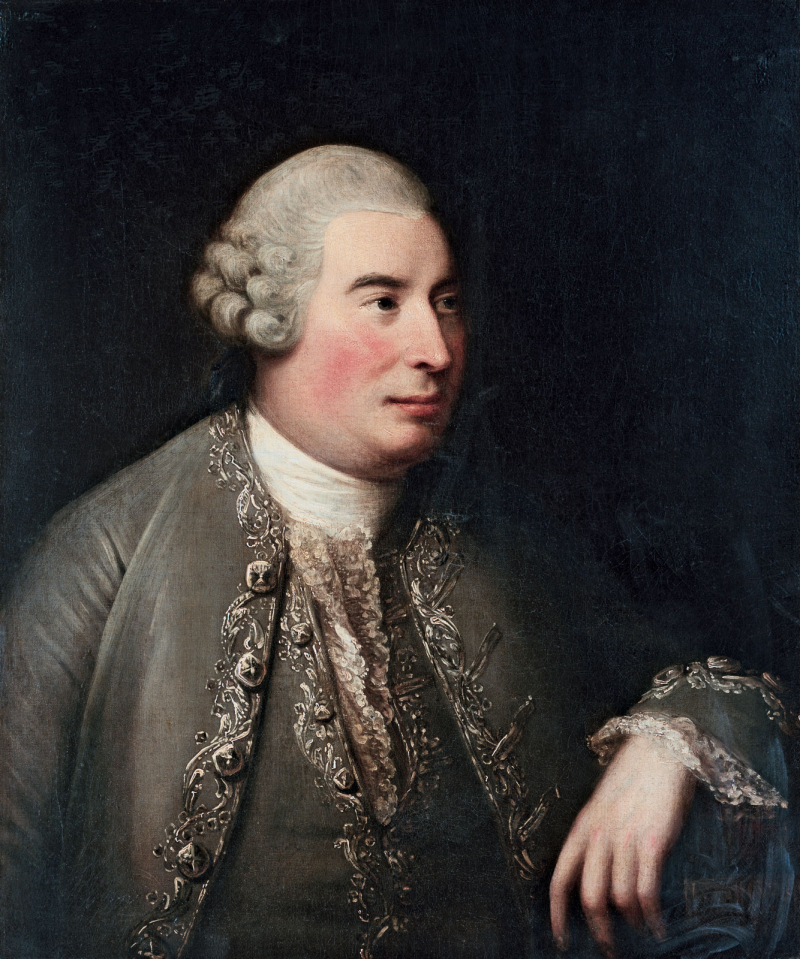
Photo: https://www.difa3iat.com/63472.html/agnosticism-all-you-want-to-know/ -
General St. Clair sent an offer to David Hume to work as the secretary of the military embassy to the courts of Turin and Vienna. This led him back to the continent, where he served in an official position while donning an officer's uniform. Once more, the main advantage he gained from the appointment was the monetary compensation he earned for his efforts.
He briefly resided in the nations of Germany, Austria, and Italy, although he never showed a strong interest in military-related pursuits. When the chance presented itself, he continued to pursue his literary interests.
Additionally, he met Isaac de Pinto. Later, he traveled to England with Jean-Jacques Rousseau. After a disagreement, Hume and Rousseau cut off communication. Later, he started to worry that the altercation had harmed his reputation. A succinct and accurate summary of the disagreement between Mr. Hume and Mr. Rousseau was mentioned in his book.
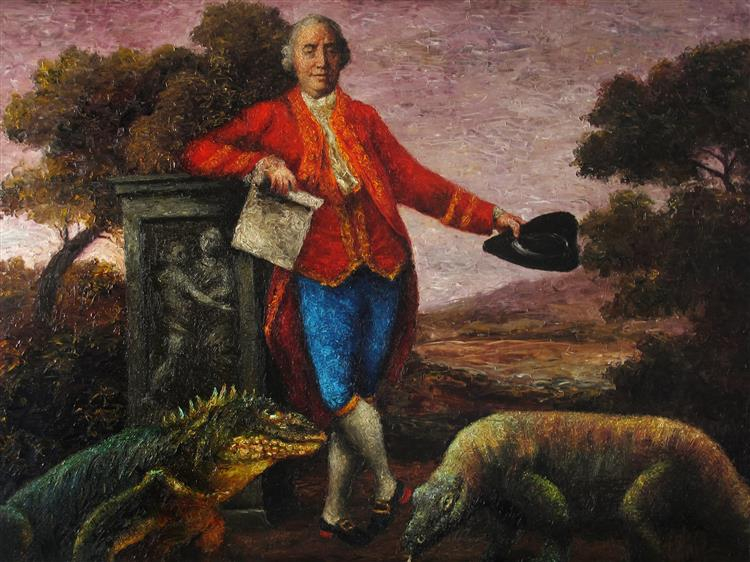
Photo: https://www.wikiart.org/en/alexander-roitburd/empirical-subjects-of-david-hume-2017 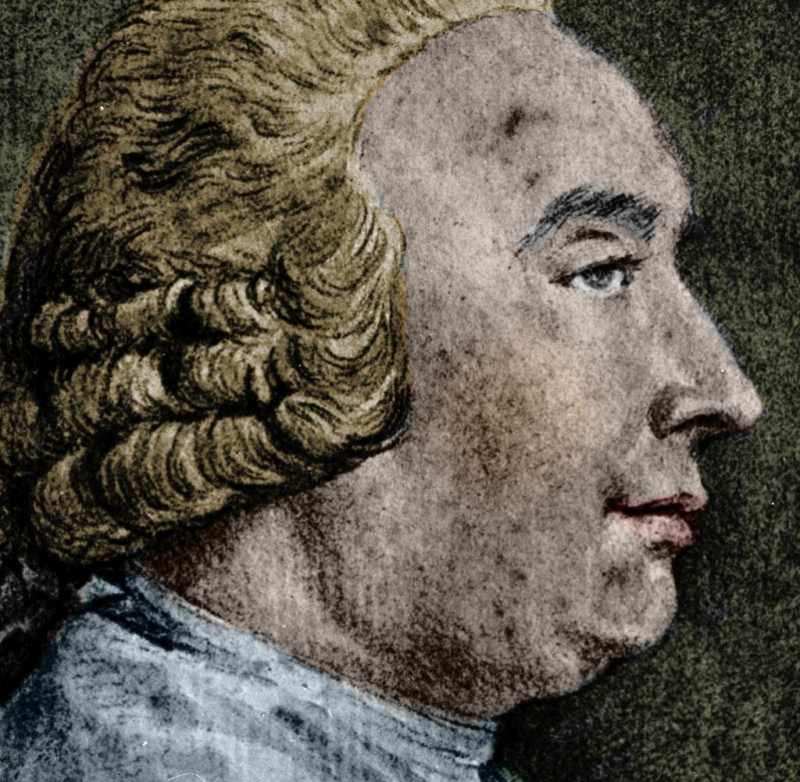
Photo: https://www.welt.de/kultur/literarischewelt/gallery13206768/David-Hume-1711-1776.html -
David Hume served for some years as secretary and then as chargé d’affaires in the British embassy in Paris. He returned to London in 1766 and worked for a while as an undersecretary of state. In 1769, Hume retired to live with his sister. In 1775 he was stricken by an incurable intestinal cancer. Upon learning of his illness Hume wrote, “I now reckon upon a speedy dissolution.” He coolly added, “. . . a man of sixty-five, by dying, cuts off only a few years of infirmities.”
An intriguing detail about David Hume is that he returned to Edinburgh and remained there in St. Andrew's Square in New Town until his passing. That Square is now known as 21 Saint David Street in contemporary Edinburgh. According to certain historical evidence, the street may have been called in this author's honor.
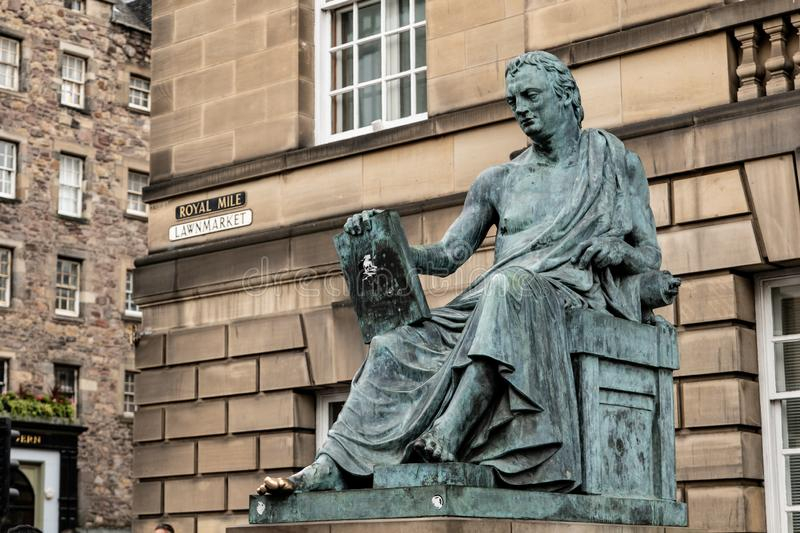
Photo: https://www.shutterstock.com/image-photo/statue-famous-scottish-philosopher-david-hume-397955146 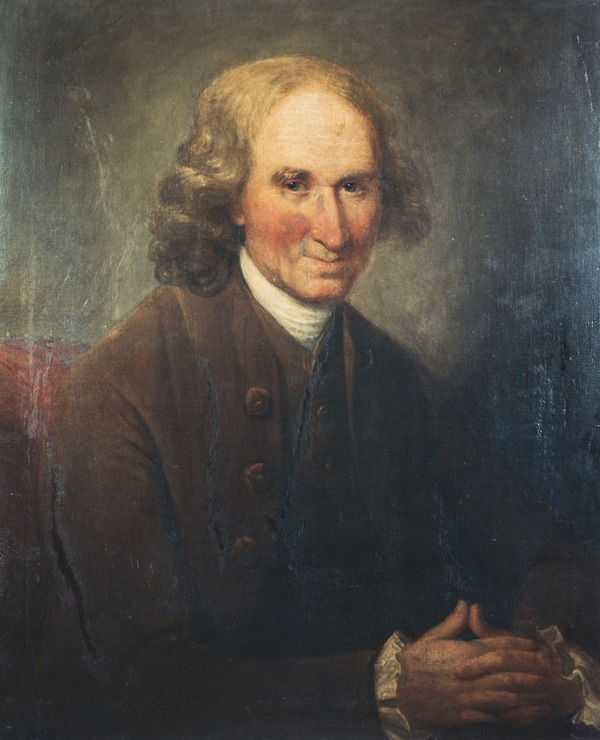
Photo: https://www.nationalgalleries.org/art-and-artists/60610/david-hume-1711-1776-historian-and-philosopher-1754 -
As the Scottish philosopher David Hume lay on his deathbed in the summer of 1776, his passing became a highly anticipated event. Few people in 18th-century Britain were as forthright in their lack of religious faith as Hume was, and his skepticism had earned him a lifetime of abuse and reproach from the pious, including a concerted effort to excommunicate him from the Church of Scotland.
Now everyone wanted to know how the notorious infidel would face his end. Would he show remorse or perhaps even recant his skepticism? Would he die in a state of distress, having none of the usual consolations afforded by belief in an afterlife? In the event, Hume died as he had lived, with remarkably good humor and without religion.
David Hume's request in his will for his tomb to resemble a typical Roman tomb with his name and birth date. His grave is located at the Old Calton Cemetery on Calton Hill.
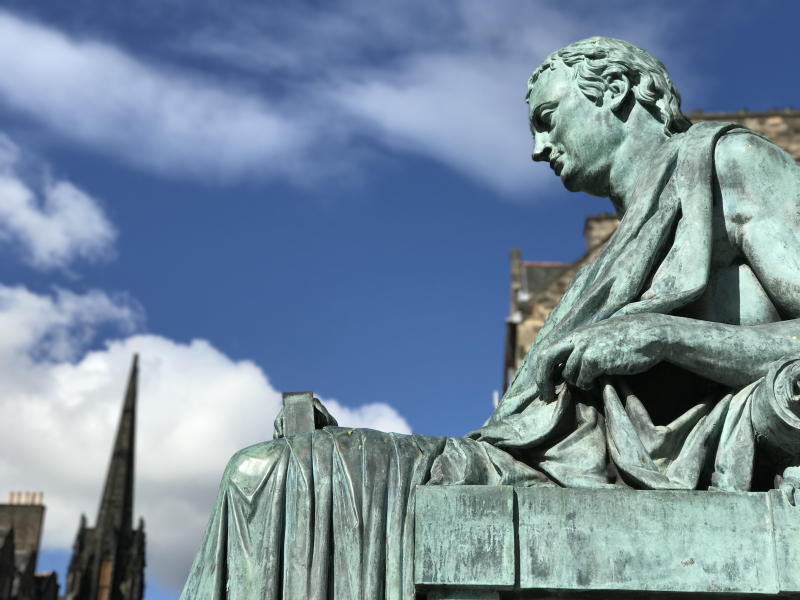
Photo: https://www.econlib.org/david-hume-on-ancient-revolutions/ 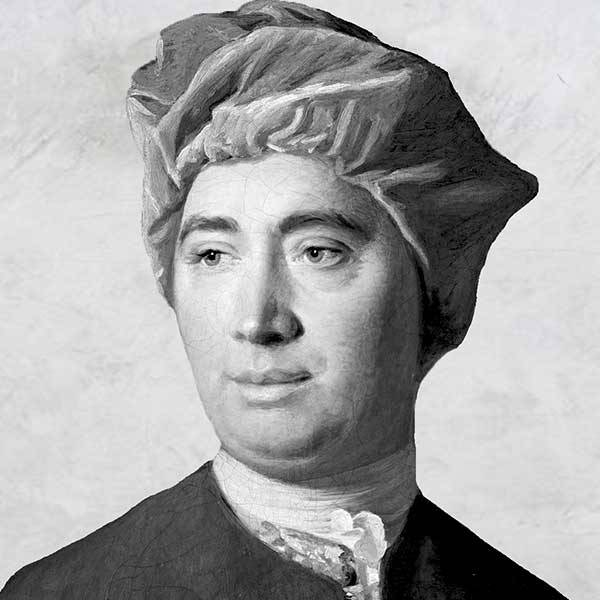
Photo: https://ethics.org.au/big-thinker-david-hume/









